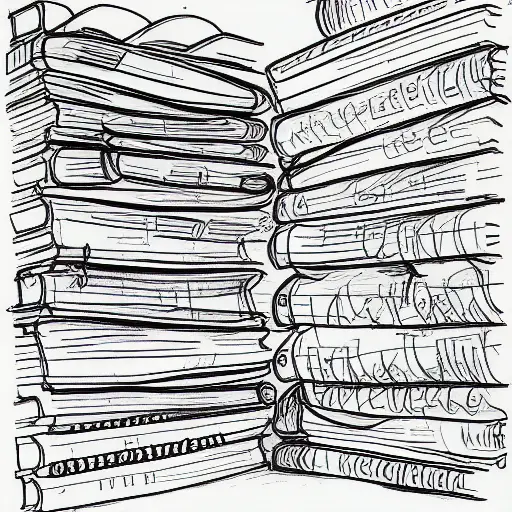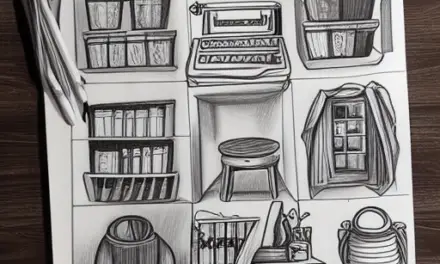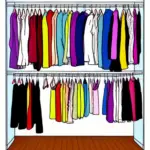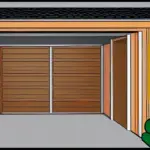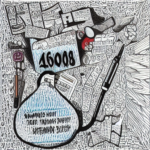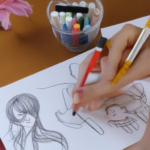Organizing yourself is a great way to reduce stress and demands. It is important to get started as early as possible so that you don’t feel overwhelmed by all the things you need to do. To start, choose one task and write it down: when it can be done, what you need to do, and what you will need to organize it.
Getting organized
Getting organized yourself is a process that can make your life a lot easier. It can help you reduce the amount of time that you spend worrying about work. It is said that we spend about 60% of our waking hours on work-related tasks. Instead of dealing with those tasks, we can spend the rest of our day doing more strategic and skilled work. Having organized files can also help you accomplish simple tasks faster. However, tackling organization can be overwhelming, so break it down into smaller steps.
One of the most effective methods of staying organized is to plan your projects ahead of time. Doing this will help you break down big tasks into small steps, and will act as a motivation booster. Besides, finishing tasks will release hormones that make you feel good. Another way of getting organized is by shopping mindfully and evaluating the purchases that you make.
Feeling organized will also help you focus more effectively. People who feel organized are less likely to experience stress, burnout, and overwork. In addition, they will have more time for higher impact tasks and brainstorming. Getting organized is a skill that can be learned and perfected over time. Luckily, there are various digital tools and templates that can help you become more organized.
Developing a system
Developing a system for organizing yourself is an important skill to learn for an efficient work life. You will want to avoid multitasking as it increases your error rate and causes you stress. Developing a schedule gives you a clear structure and allows you to plan your time effectively. In addition to self-organization, good time management is essential for a productive work life.
Decluttering
Decluttering is an ongoing process that you must do on a regular basis. You need to remove items that no longer serve you. You can do this by scheduling the task, or by penciling it in a paper planner. Try to schedule it during a time when you are not stressed or busy.
Before you start decluttering, it’s a good idea to make a plan. It’s best to clean your home first, and start decluttering in a room where you have little clutter. This will help you keep the items that are used every day out of the way.
Another tip to follow when decluttering is to have a place for the things you don’t use or need. You may want to create a donation bin, a garage sale bin, or a bin for friends and family. This will make the process easier. You can also set up a pile for all the junk mail you receive and keep track of it.
Decluttering is one way to reduce your stress and improve your overall happiness. Start with a small area first, like your work area, and gradually move on to larger areas.
Using a planner
Using a planner is a great way to stay organized. You can use a weekly schedule to keep track of tasks, as well as sections for personal and work plans. Just make sure to use the correct categorization system. You will also want to allocate some time for self-care.
Different people prefer different kinds of planners. Some like simple ones with a calendar on the left side and lined or graph paper on the right. Others prefer a notebook in the back and extra space to write notes. Some planners have space for lists as well, making it easy to track what needs to be done on any given day.
If you’re using a planner to organize your life, you may want to set up rituals with it. For example, when you use your planner, you may like to drink a cup of coffee or listen to your favorite music. The planner can also help you remember important dates, such as birthdays and special occasions. It’s also helpful to keep track of phone calls and Zoom meetings.
If you’re a working professional, a planner can help you manage your schedule and achieve your goals. Using a planner for organizing yourself is a great way to reduce your stress and increase your productivity. It will allow you to prioritize tasks and get things done on time.
Using a calendar
A calendar is a great way to keep track of all of your appointments and tasks. It’s important to write down everything on your calendar, including what you’re eating for lunch and what you’re going to do for recreation. You can use a digital calendar or a wall calendar for this purpose. When scheduling new appointments, check your calendar first and schedule them accordingly.
Regardless of how you use a calendar to organize yourself, it’s important to remember that this process is highly personal. It’s important to know yourself and your priorities so you can choose the system that will work best for you. Once you know what your priorities are, you can begin the process of organizing your calendar and making your life run more smoothly.
After you create a new calendar, you can start adding tasks, events, and reminders to it. The process of adding tasks, events, and reminders is very simple. Simply drag on the day and click the box to add a task, reminder, or event.
Setting deadlines
Setting deadlines for organizing yourself is an important part of time management. It allows you to achieve a particular task in a reasonable amount of time. When making a list, you should think about how long each task will take, and factor in other commitments you might have. Also, remember to schedule time for breaks and rest periods.
Before you set a deadline, you should make an outline of the tasks you need to complete. Write them down, assign them to others, and publicize them. If possible, associate each deadline with an external reward, such as $20. This will motivate you to complete your tasks in a timely manner.
Setting deadlines can also help you focus on the most important things first. Try to prioritize your tasks according to which factors have the greatest impact on the outcome of the project. Setting deadlines based on these factors will help you achieve your goals faster and remain focused. This way, you will feel motivated to complete your tasks, and you will see results sooner.
Moreover, a deadline forces you to consider all the steps needed to complete a task. You will have a better idea of how long each task should take and which tasks will need extra time. Then, you will know if you have the time to perform them.
Getting feedback
It can be helpful to get feedback from others when you are trying to organize yourself. But it is important to consider who you are asking for feedback from. You should not seek out feedback from those who are looking for ego boosts. Instead, you should consider the people you can trust and respect to give you constructive criticism.
Specific feedback is more useful than general feedback, because it pushes you towards real solutions. The general feedback is useless if you don’t prepare it. The reason is that your adrenal glands will release cortisol and your blood will rush to the primitive parts of your brain, which block new ideas.
Feedback comes from many sources, including live chat, Twitter, email, and demos. It’s helpful to organize your feedback by category, so that you can easily find the information you need. Once you categorize your feedback, you’ll be able to scan it and filter it accordingly.

